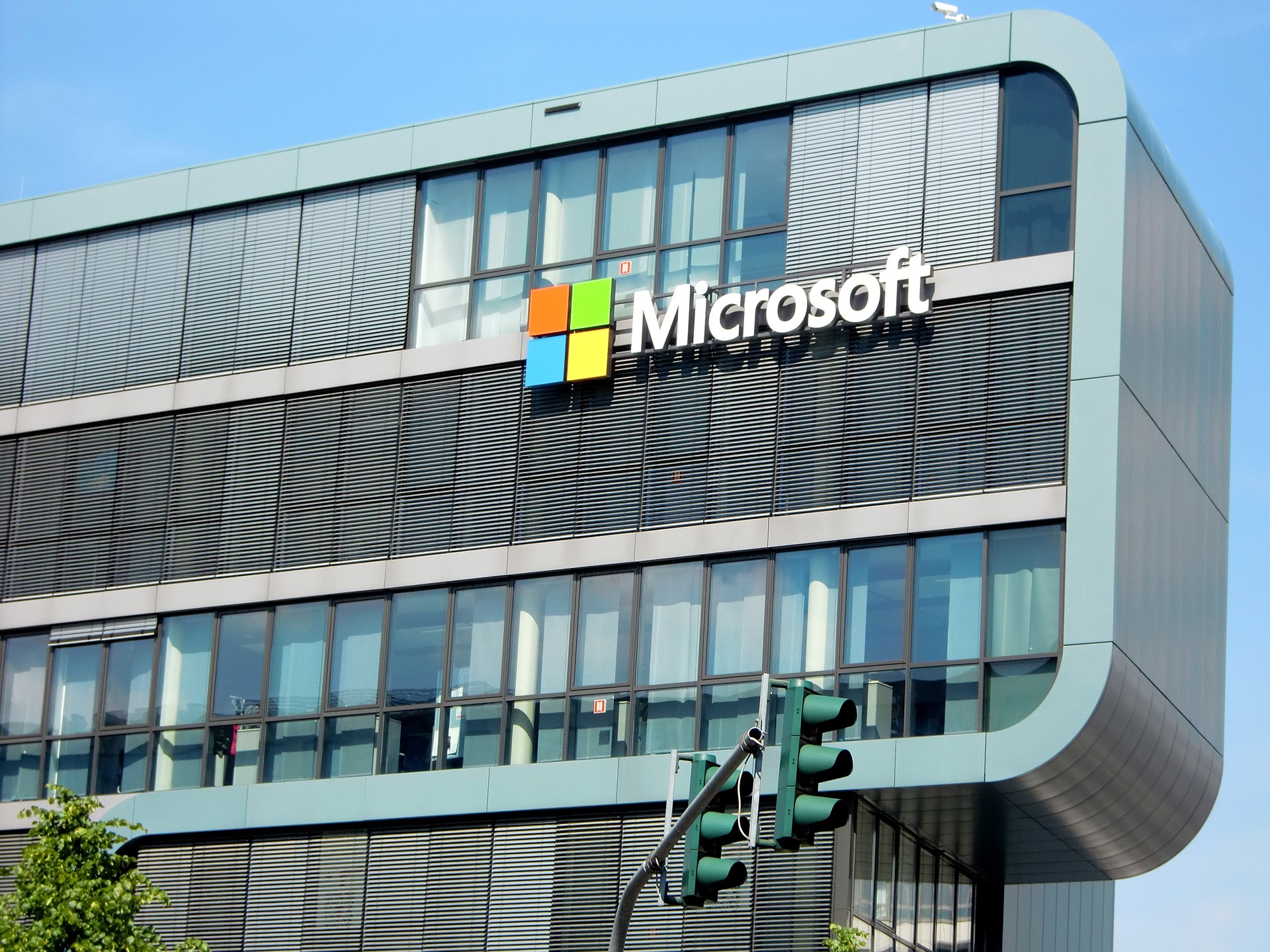January 24, 2023
Microsoft and OpenAI: Advancing AI Together
Book a Demo
Microsoft and OpenAI have announced an extension of their partnership, with a “multi-year, multi-billion-dollar” investment from Microsoft. The investment will be used to continue independent research and develop AI that is “safe, useful, and powerful.” The exact amount of the investment was not disclosed, but The New York Times reports that Microsoft invested an additional $2 billion in OpenAI between 2019 and early 2023. As part of the deal, Microsoft also became a key backer of OpenAI’s Startup Fund, OpenAI’s AI-focused venture, and tech incubator program.
This builds on the companies’ existing partnership, which began in 2019 when Microsoft announced that it would invest $1 billion in OpenAI (roughly half in the form of Azure credits) to jointly develop new technologies for the Azure platform and “further extend” OpenAI’s large-scale AI capabilities. In exchange, OpenAI agreed to license some of its intellectual property to Microsoft, which the company would subsequently commercialize and sell to partners, and train and run AI models on Azure as OpenAI worked to develop next-gen computing hardware.
As part of the new investment, Microsoft will increase its investments in the deployment of specialized supercomputing systems to accelerate OpenAI’s AI research and integrate OpenAI’s AI systems with its products while “introducing new categories of digital experiences.” The tech giant’s Azure cloud platform will continue to be OpenAI’s exclusive cloud provider, powering the startup’s workloads across research, products, and API services.
OpenAI will remain a capped-profit company as a part of the new investment deal with Microsoft. Under the model, backers’ returns are limited to 100 times their investment — or possibly less in the future. This is in line with OpenAI’s mission of creating advanced AI that benefits everyone, as stated by OpenAI CEO Sam Altman, “Microsoft shares our values and we are excited to continue our independent research and work toward creating advanced AI that benefits everyone.”
However, the road ahead is not without challenges. OpenAI is under pressure to turn a profit on products like ChatGPT, with the startup expecting to make $200 million in 2023 from licensing and premium products like ChatGPT Professional, a small amount compared to the billions of dollars that have been invested in it so far. The high costs of training, developing, and running large AI systems are to blame, as the operating expenses alone for ChatGPT are “eye-watering,” amounting to a few cents per chat in computing costs.
In addition, OpenAI and Microsoft face legal challenges that threaten to impede the growth of their AI explorations. The U.S. Patent and Trademark Office (USPTO) recently moved to revoke copyright protection for an AI-generated comic, saying copyrightable works require human authorship. Furthermore, Microsoft, GitHub, and OpenAI are currently being sued in a class action lawsuit that accuses them of violating copyright law by allowing Copilot, the code-generating system, to regurgitate sections of licensed code without providing credit.
In conclusion, OpenAI and Microsoft’s partnership is a step towards democratizing AI and making it accessible to developers and organizations across industries. However, the journey ahead is not without its challenges as they navigate the high costs of training, developing, and running large AI systems, and legal challenges that threaten to impede their growth. The companies will have to work together to find solutions to these challenges and make their advanced AI systems more profitable and accessible.



